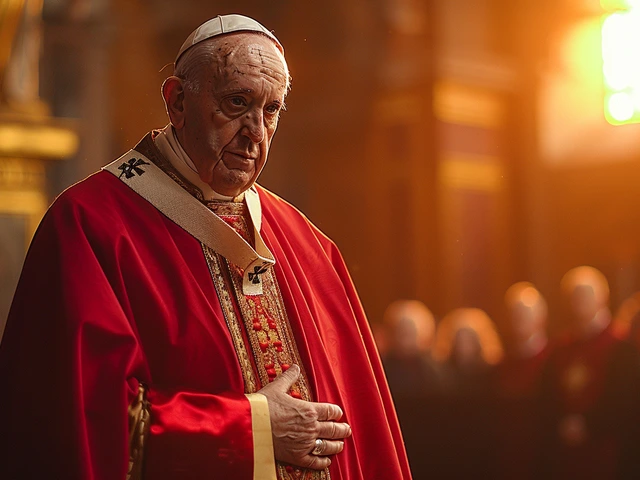UK Election 2023: Voters Head to Polls in Pivotal National Election
The United Kingdom is abuzz with activity as citizens head to the polls for the first national election in nearly five years. The country's conservative and Labour parties are on edge, each hoping to shape the future government and address pressing national issues. The Conservative Party, led by Prime Minister Rishi Sunak, has held power for over a decade, but faces strong opposition from a rising Labour Party headed by Keir Starmer, leader since April 2020.
This election is pivotal. As polling stations open across the UK today, citizens are casting their votes to elect all 650 representatives to the House of Commons. The winning party will not only form the next administration but will also have its leader positioned to become the Prime Minister. For Rishi Sunak, the stakes are particularly high. Despite taking the reins of the Conservative Party in October 2022, he has had to wrestle with internal party strife and public discontent. The early election call on July 4 was viewed by many as a strategic move to capitalize on favorable economic trends that were beginning to emerge.
The Main Contenders
On one side, we have Rishi Sunak, whose tenure has been marked by attempts to stabilize both his party and the nation. On the other, is Keir Starmer of the Labour Party, who has been pressing for radical changes and greater governmental accountability. Since assuming leadership in April 2020, Starmer has positioned Labour as a viable alternative to the tired and beleaguered Conservative administration.
Sunak's leadership has been rocky, not least because of the controversies surrounding the early election call. Allegations have surfaced alleging involvement of party members and even police officers in betting activities related to the election date. These claims have cast a shadow over Sunak's reliability and have given the opposition ample ammunition to question his integrity.
Key Issues at Stake
As with any significant election, several key issues are shaping voter sentiment. Immigration policy stands at the forefront, with debates raging over border control and the level of screening for new arrivals. Under Sunak, conservative policies have often swung towards tightening immigration controls, a stance that has polarized voters.
Healthcare remains another critical area of concern. The National Health Service (NHS) has faced mounting pressures, with resource shortages and access inequalities drawing public ire. Both parties have pledged reforms, but Labour has portrayed itself as the champion of a more equitable and accessible healthcare system.
Environmental policies are also under the microscope. Sunak's administration has been criticized for reversing key environmental measures, putting the UK's commitments to climate change and sustainability in jeopardy. Keir Starmer has actively promoted a green agenda, vowing to reinstate and expand eco-friendly policies that many feel are urgently needed.
The Impending Verdict
The electorate's decision will soon be revealed. As the day progresses and the polling stations remain open until 10:00 p.m. BST (5:00 p.m. EST), citizens have a little more time to make their voices heard. The outcome, expected shortly after polls close, will offer a telling indicator of the country's political direction.
The Labour Party is seemingly in a strong position, buoyed by a disgruntled populace critical of the Conservative Party's performance over the past decade. Initial exit polls will begin to trickle in once voting concludes, providing early insights into the likely victor. The result will not only influence the immediate political landscape but will set the tone for the UK's policy direction in the coming years.
The eyes of the nation—and indeed the world—are fixed on the United Kingdom today. The decisions made at the ballot boxes across the country will resonate far beyond the polling stations, shaping the future of UK politics in a time of global uncertainty and change.















